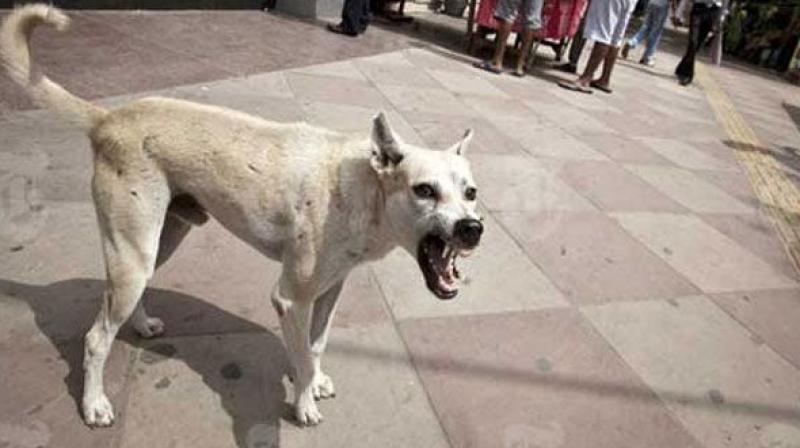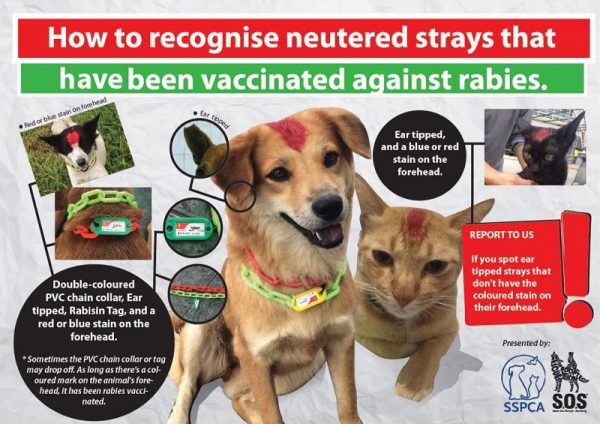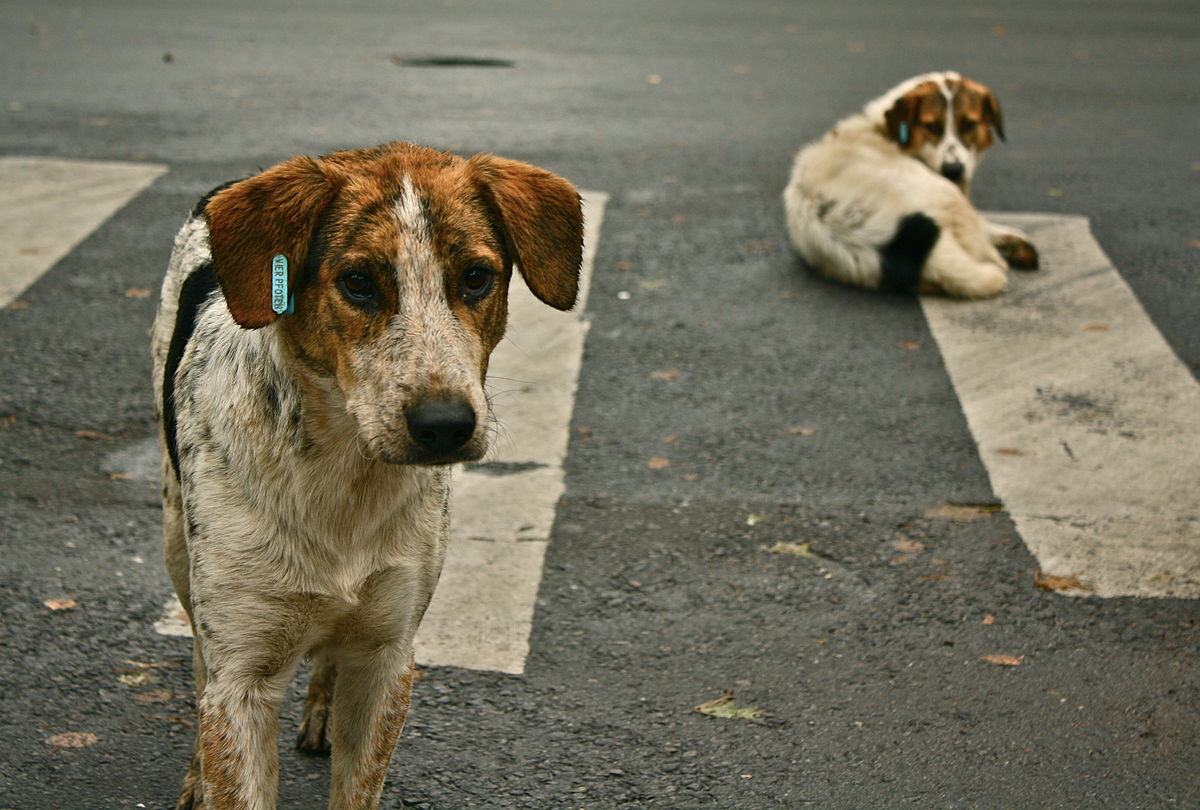SSPCA Urges Public Not To Panic About The Recent Rabies Outbreak After Widespread Poisoning Of Strays
 Thirsty for JUICE content? Quench your cravings on our Instagram, TikTok and WhatsApp
Thirsty for JUICE content? Quench your cravings on our Instagram, TikTok and WhatsApp
The Sarawak Society for the Prevention of Cruelty To Animals (SSPCA) have appealed to the media to stop sensationalising the recent rabies outbreak in the country, and has also asked the public to remain calm in light of the outbreak. This comes in light of numerous reports of dogs being poisoned by paranoid neighbours in several communities, as well as the labelling of rabies with fear-inducing terms such as “mad dog disease”. Unnecessary animal cruelty is something wholly uncalled for, even during the outbreak of a disease transmitted mostly by animals, and the SSPCA are eager to stop the slaughter.
“We saw one video of a dog that had been poisoned and it was lying on the road, pawing in such pain,” says SSPCA president Datin Dona Drury Wee. “The dog’s paws were bleeding from just clawing at the rough road.” This is the result of irresponsible neighbours using rat poison (or other deadly substances) to harm the dogs that roam around certain areas and communities. Many other heart-rending situations such as this are currently taking place on Peninsular Malaysia too – just yesterday, 5 dogs (including a resident’s pet) were poisoned to death at Bandar Utama 11, Petaling Jaya – an affluent neighbourhood with houses priced well above RM1.5 million per unit. (Ed’s Note – Goes to show that money is not an indicator of intelligence in PJ).

The SSPCA aims to prevent the needless deaths of animals, especially dogs (who are wrongly seen as the main carrier of the rabies virus). Rabies can actually be carried by a bite or wound inflicted by most mammals, including cats and rodents. Datin Wee explained that the reason for this false assumption about dogs being the main (or only) carriers of the disease as being rooted in the popularity of dogs as pets. “Humans are more in contact with dogs in their daily lives, and so, 95 per cent of the human rabies incidents are caused by bites from rabid dogs,” she said, before further explaining that bites from healthy and vaccinated dogs would not transfer the disease either.
The SSPCA is currently involved in efforts to neuter and vaccinate stray animals in Sarawak so that they do not heighten the spread of rabies. Four people in Malaysia died from rabies earlier this year, following the outbreak. Several areas of Perak have currently been quarantined as rabies zones.
Just 3 years ago, it seemed like dogs were at the centre of attention in Malaysian media, and the public was finally getting past its fear of man’s best friend.

 Get Audio+
Get Audio+ Hot FM
Hot FM Kool 101
Kool 101 Eight FM
Eight FM Fly FM
Fly FM Molek FM
Molek FM